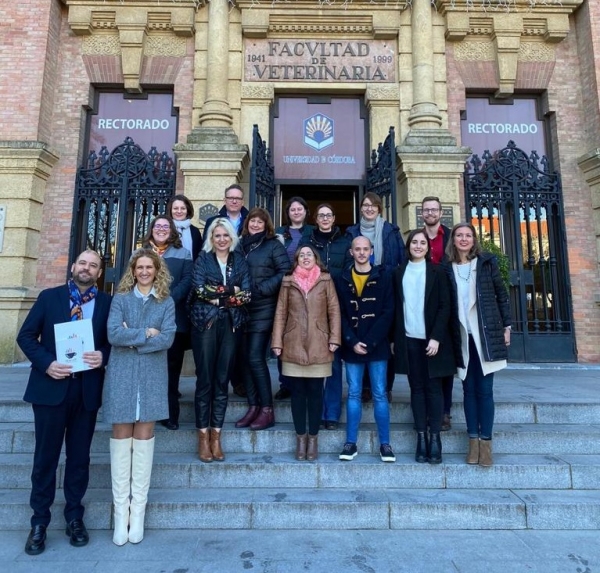In order to learn a language, merely learning phonetics and grammar is not enough. It is also important to learn about the culture from which it emerges and the relationship the culture has with itself and others. Each word references links to customs, art, history, festivals and cuisine of the country where it comes from, therefore getting to know this cultural context helps to better assimilate language learning and do so faster. However, when teaching a language, its cultural reality tends to be decontextualized.
In Europe, at least in theory, the benefits of combining language and culture learning are recognized. The European approach to teaching languages, known as CLIL (Content and Language Integrated Learning), includes culture among its four basic pillars, in addition to content, cognition and communication. Nevertheless, many research studies show that culture is still the weakest link in the chain, above all when learning happens in two or more languages.
In order to improve this process, the TEACUP project proposes designing teaching modules that combine the teaching of language and culture. "This will be done with a multilingual and multicultural approach, in the sense that knowledge and experiences about a language contribute to the learning of another, given that languages and cultures are interlinked and interact together. What is more, the multilingual approach makes learning different languages easier, enhancing the existing synergies between them", explains María Elena Gómez Parra, lead researcher on the project.
TEACUP is primarily aimed at foreign language teachers with students of any age, who can use the modules designed by the project and implement them into their teaching either initially or permanently. The aim is that they go for more integrated approaches to foreign language teaching and that they support a wider range of language and culture learning.
To reach these aims, first pilot modules will be designed, which will be applied to different contexts and educational stages in order to obtain a comprehensive idea of their effectiveness and the difficulties in implementing them. Once assessed, new modules will be put into practice that incorporate the results of the first analysis. The ensuing material will be released on a web page, at conferences and in the publication of different material.
Different European entities devoted to teacher training are working on TEACUP, specifically entities in Spain, Poland, Germany, the U.S. and Hungary. The University of Cordoba is leading the project, on which the European Teacher’s Association and the Education Department in Cordoba are also working, among others. This will give a much needed perspective on continuing education. The participation of Texas Woman's University (US) is very interesting as, from an American perspective, this university will provide data on how these modules work in a non-European education system and in the context of a bilingual and multicultural society, such as that of Texas.
Society is demanding changes in the skills needed to carry out a profession in the future and navigate a globalized society. "The ability to socially interact with those who come from unknown cultures and contexts, as well as understanding and respecting them is going to be essential for tomorrow’s work world", explains María Elena Gómez Parra. On this path, it will be crucial for schools to help youth get prepared and the TEACUP project is striving to get students to acquire the linguistic and cultural competences they will need.
El proyecto TEACUP - “Teacher Culture Pluri” (2019-1-ES01-KA203-064412) está financiado por la Unión Europea a través de la convocatoria ERASMUS+ KA203 CALL 2019.
This article is part of the communication strategy designed by the International Project Office to divulge the international projects granted to the University of Cordoba.


